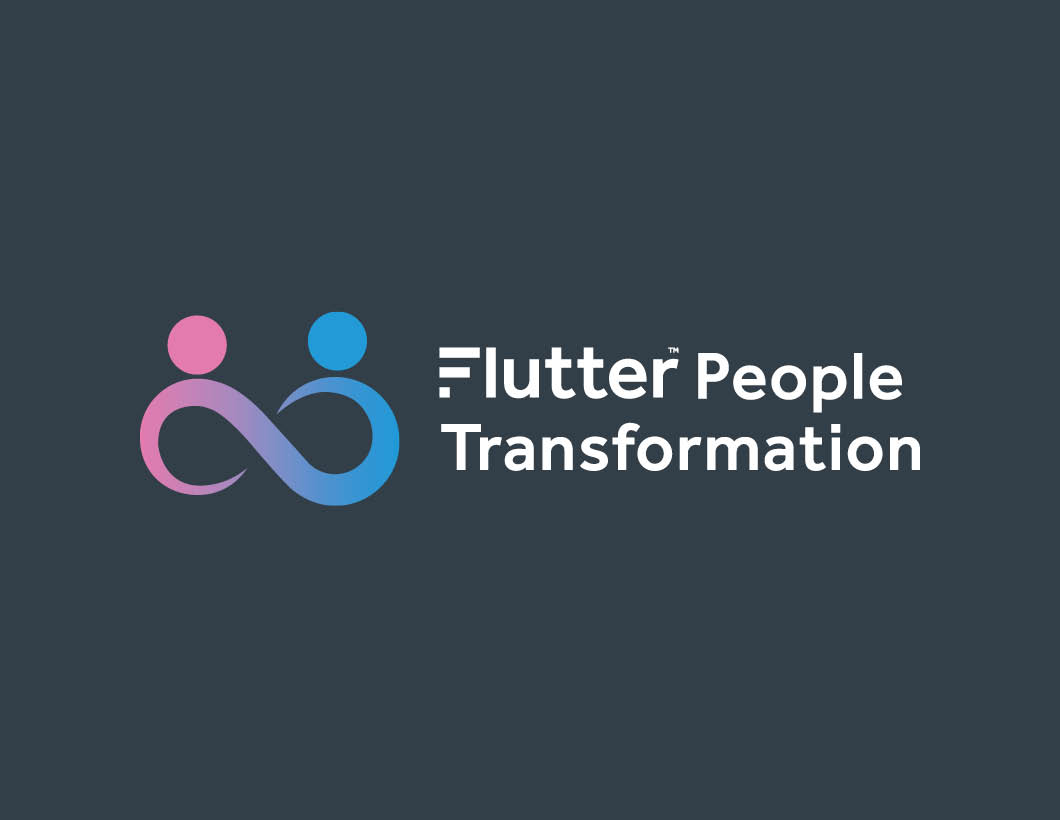Understanding Autism: Is It a Mental Health Disorder?
Introduction: The Question of Classification
Autism spectrum disorder (ASD) is often discussed in the context of mental health. This has led to widespread confusion and debate: Is autism a mental health disorder? To answer this, it’s important to understand how autism is defined by medical experts, how it is diagnosed, and how it differs from other conditions typically grouped under mental health disorders.
What Is Autism Spectrum Disorder?
Autism spectrum disorder (ASD) is defined as a neurodevelopmental disorder , not a mental health disorder. Neurodevelopmental disorders are conditions that originate during the development of the nervous system, typically manifesting in early childhood and affecting how the brain functions. ASD is characterized by persistent challenges in social communication and interaction, along with restricted, repetitive behaviors, interests, or activities [5] . The symptoms and severity can vary widely, which is why ASD is referred to as a “spectrum.” People with autism may exhibit unique strengths and support needs, depending on individual characteristics and experiences.
Autism and the DSM-5: Clinical Criteria
Medical and mental health professionals use the Diagnostic and Statistical Manual of Mental Disorders, Fifth Edition (DSM-5) as the standard for diagnosing autism. The DSM-5 classifies autism under the larger category of neurodevelopmental disorders, distinguishing it from mental illnesses such as depression, anxiety, or schizophrenia [2] . According to the DSM-5, the core diagnostic criteria for ASD include:
- Persistent deficits in social communication and social interaction across multiple contexts
- Restricted, repetitive patterns of behavior, interests, or activities
- Symptoms must be present in the early developmental period
- Symptoms cause clinically significant impairment in social, occupational, or other important areas of current functioning
- Disturbances are not better explained by intellectual disability or global developmental delay
These criteria are designed to ensure that ASD is accurately distinguished from other conditions and to guide the support that individuals may require [4] .
How Is Autism Different from Mental Health Disorders?
While both neurodevelopmental and mental health disorders can affect behavior and daily living, they differ in their origins and mechanisms. Neurodevelopmental disorders like autism are rooted in differences in brain development and typically become apparent in early childhood. In contrast, mental health disorders such as depression, anxiety, or bipolar disorder may develop at any stage of life and are influenced by a combination of genetic, biological, environmental, and psychological factors [5] .

Source: physio4you.gr
It is possible for a person with autism to also experience mental health conditions such as anxiety or depression. However, these are considered co-occurring conditions and are diagnosed and treated separately from autism itself.
Levels and Types of Autism
The DSM-5 recognizes three levels of ASD, reflecting the amount of support an individual may need:
- Level 1: Requiring support
- Level 2: Requiring substantial support
- Level 3: Requiring very substantial support
This framework helps clinicians and families understand the range of abilities and challenges faced by people with autism and assists in tailoring interventions accordingly [3] . Each level addresses specific social communication difficulties and restricted or repetitive behaviors.
Diagnosis: What to Expect
Diagnosing autism involves a thorough assessment by a qualified healthcare provider, often including developmental history, behavioral observation, and standardized evaluation tools. The process typically follows these steps:
- Initial screening : Parents or caregivers may notice developmental differences. Pediatricians or primary care providers may use screening tools during well-child visits.
- Comprehensive evaluation : If screening suggests autism, a specialist (such as a developmental pediatrician, psychologist, or neurologist) conducts a detailed evaluation using DSM-5 criteria.
- Ongoing assessment : Diagnosis may require multiple visits and observations over time to understand the individual’s unique strengths and needs.
For guidance on how to initiate this process, you can contact your primary care provider or local children’s hospital. The Centers for Disease Control and Prevention (CDC) provides a comprehensive overview of the diagnostic process, and you may find additional resources by searching for “ASD diagnostic services” in your area [4] .
Accessing Support and Services
If you or your child has been diagnosed with autism, a range of services and supports may be available. These typically include:

Source: miindmymiind.com
- Early intervention programs : For children under age 3, state-run early intervention programs can provide therapy and support. Contact your state’s early intervention office for details.
- Educational accommodations : Schools are required to provide individualized education plans (IEPs) or 504 plans for eligible students. Contact your school district’s special education department to begin the process.
- Therapies and interventions : Applied Behavior Analysis (ABA), speech therapy, occupational therapy, and social skills training are common. Ask your healthcare provider for referrals to licensed therapists or clinics specializing in autism support.
- Community resources : Many communities have autism support organizations that offer information, advocacy, and peer support. Consider searching for “autism support organizations” or “autism services” along with your location.
To find specific services, you can also:
- Contact your health insurance provider for a list of covered autism services
- Ask your primary care physician for referrals to local specialists
- Search for “Autism Response Team” services, such as those offered by Autism Speaks, which can connect you to local resources
Potential Challenges and Solutions
Accessing a diagnosis and ongoing support may present challenges, such as waitlists, insurance coverage issues, or lack of local providers. To address these challenges:
- Be proactive : Start the process as early as possible, as early intervention can significantly impact outcomes.
- Document observations : Keep detailed notes on developmental milestones and behavioral changes to share with professionals.
- Explore telehealth options : Some providers offer virtual assessments and therapy, which may reduce barriers related to location or mobility.
- Seek peer support : Parent and family support groups can provide guidance, share experiences, and offer emotional support.
- Advocate for your needs : If you encounter obstacles, don’t hesitate to seek help from advocacy organizations or legal aid groups familiar with disability rights and education law.
Alternative Approaches and Additional Considerations
There is no single approach that works for every person with autism. The most effective strategies are tailored to individual needs, which may change over time. Consider the following options:
- Multidisciplinary teams : Collaboration among healthcare providers, therapists, educators, and families ensures holistic support.
- Person-centered planning : Involve the individual with autism in goal-setting and decision-making whenever possible.
- Transition planning : For adolescents and adults, plan early for transitions to adulthood, including postsecondary education, employment, and independent living.
Always consult with qualified professionals before starting or changing any intervention. Stay informed about your rights and available resources by visiting reputable organizations and government agencies.
Key Takeaways
Autism is classified as a neurodevelopmental disorder, not a mental health disorder . However, mental health conditions can co-occur with autism, and both should be addressed with appropriate care. Understanding the distinction helps families, educators, and individuals seek the most effective supports and advocate for their needs. For personalized guidance, reach out to medical professionals, local school systems, or established autism advocacy organizations.
References
MORE FROM cheerdeal.com













